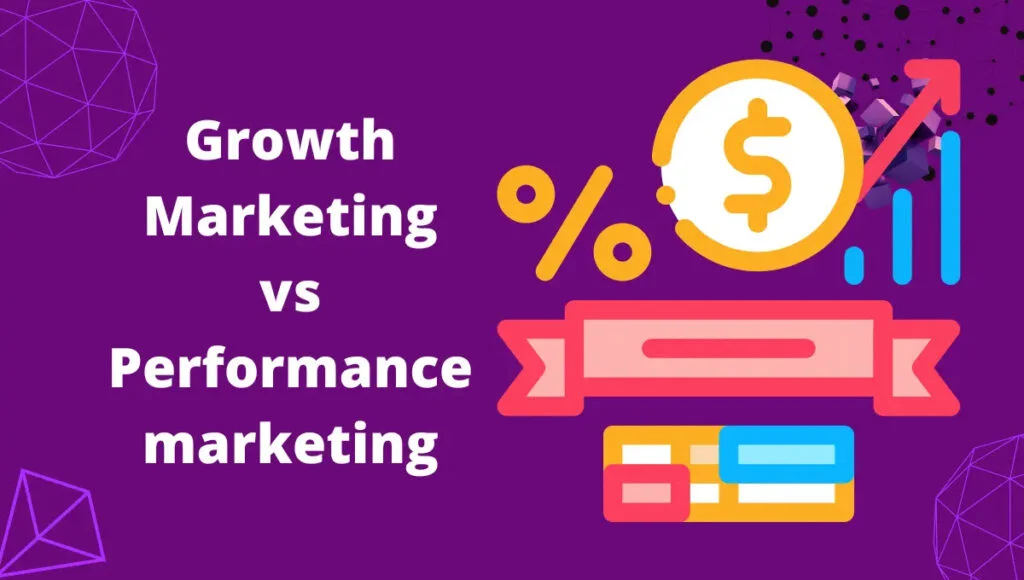Marketing is an essential part of any business strategy, and it involves a range of activities that help promote a product or service to potential customers. Two popular marketing strategies are performance marketing and growth marketing.
While they may seem similar, there are some significant differences between the two approaches. In this blog, we will discuss the key differences between performance marketing and growth marketing.
Let’s dive in!
What is Performance Marketing?
Performance marketing is a marketing strategy that focuses on driving measurable results, such as clicks, conversions, or sales. It’s a data-driven approach that measures the success of a marketing campaign based on specific KPIs (key performance indicators) and ROI (return on investment).
In performance marketing, the marketer pays for results, such as clicks, leads, or sales. This means that the marketer only pays when a specific action is taken by the user.
Why is Performance Marketing Useful?
Performance marketing is particularly useful for businesses with limited budgets. It enables them to target their marketing efforts more effectively by measuring the success of their campaigns in real-time. This approach allows businesses to optimize their marketing budget and focus on the channels that generate the most significant returns.
Examples of performance marketing include search engine marketing (SEM), affiliate marketing, social media advertising, and email marketing.
What is Growth Marketing?
Growth marketing is a marketing strategy that aims to grow a business by focusing on long-term sustainable growth. It’s a data-driven approach that uses experimentation and analysis to optimize the entire customer journey, from awareness to conversion and retention.
Growth marketing is not just about acquiring new customers; it’s also about retaining and nurturing existing ones.
In growth marketing, the marketer’s focus is not just on generating short-term results but on creating long-term customer relationships.
Growth marketing relies heavily on testing and experimentation to identify what works and what doesn’t. The ultimate goal of growth marketing is to create a sustainable growth engine for the business.
Examples of growth marketing include content marketing, social media marketing, search engine optimization (SEO), and referral marketing.
Key Differences between Performance Marketing and Growth Marketing
1. Focus: The primary focus of performance marketing is on driving measurable results, while growth marketing focuses on long-term sustainable growth.
2. Metrics: Performance marketing is primarily focused on ROI and specific KPIs, while growth marketing uses a wide range of metrics to measure success, including customer acquisition costs, lifetime value, and customer retention.
3. Channels: Performance marketing typically focuses on paid advertising channels, while growth marketing focuses on a range of channels, including organic search, social media, and content marketing.
4. Budget: Performance marketing is often associated with a limited budget, while growth marketing requires a more significant investment in marketing resources.
5. Strategy: Performance marketing is often focused on short-term campaigns, while growth marketing is focused on long-term sustainable growth and requires a more holistic strategy.
Which one is better?
The answer to this question depends on your business goals and marketing budget. If you have a limited budget and need to drive immediate results, performance marketing may be the right choice. However, if you’re looking to create a sustainable growth engine for your business, then growth marketing may be the way to go.
Ultimately, the best approach is to combine both strategies to create a well-rounded marketing plan. This way, you can focus on short-term results while also building a foundation for long-term sustainable growth.
Final Thoughts
Performance marketing and growth marketing are two different marketing strategies with distinct approaches and objectives. Understanding the key differences between the two can help you make informed decisions about which strategy is best for your business.
Want to see a significant improvement in your business performance? Contact Zavops and get started!










